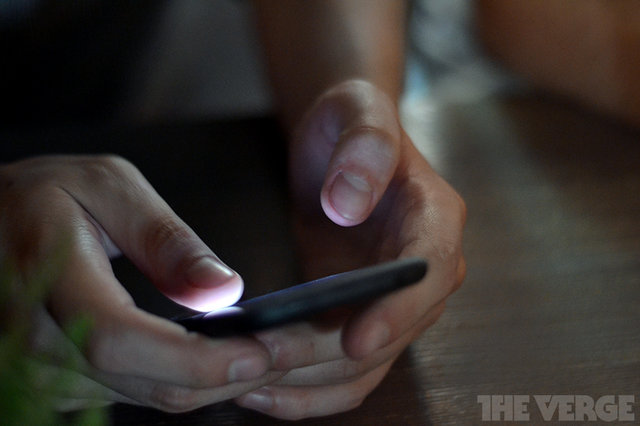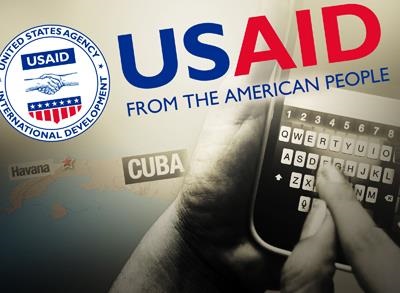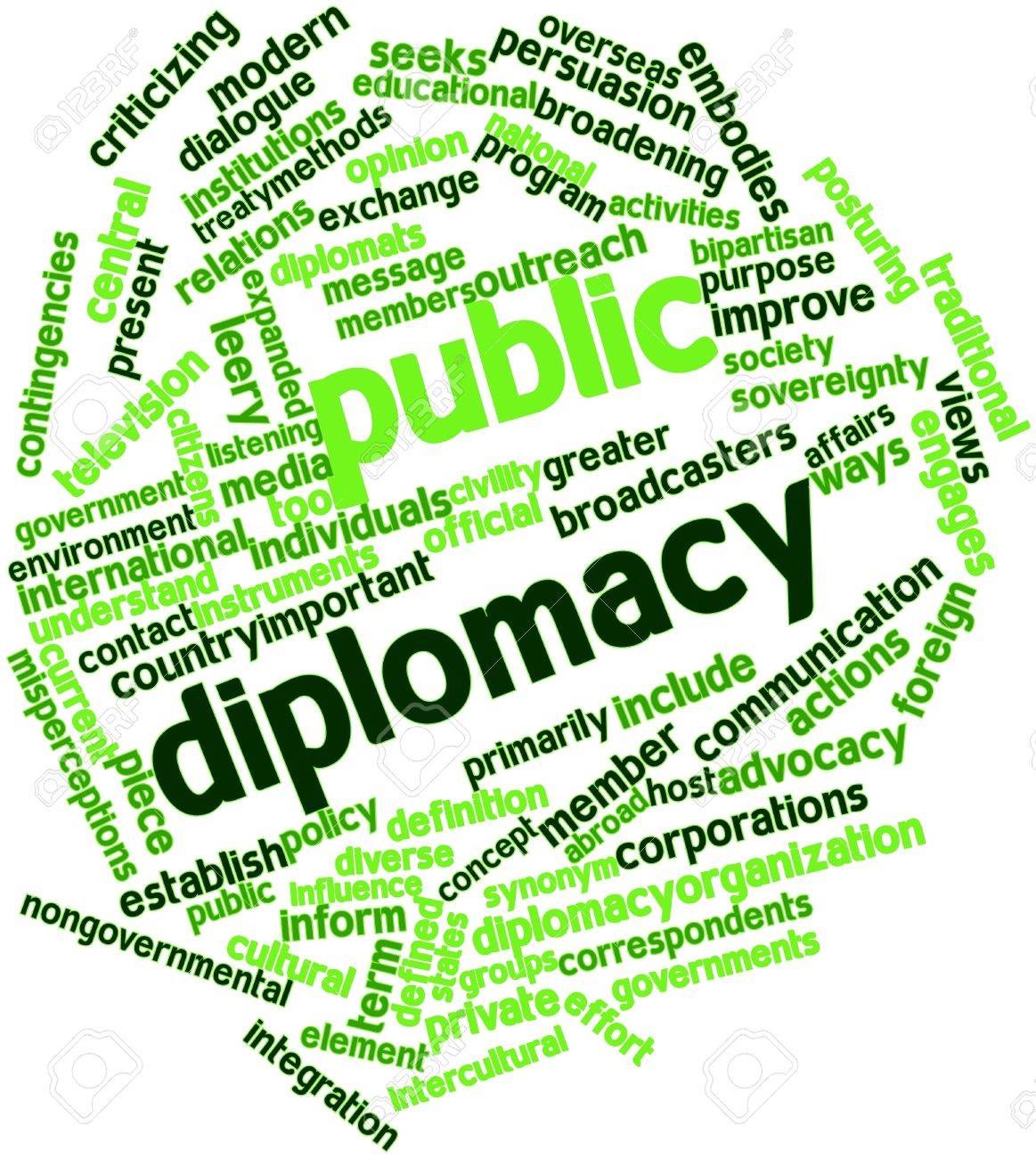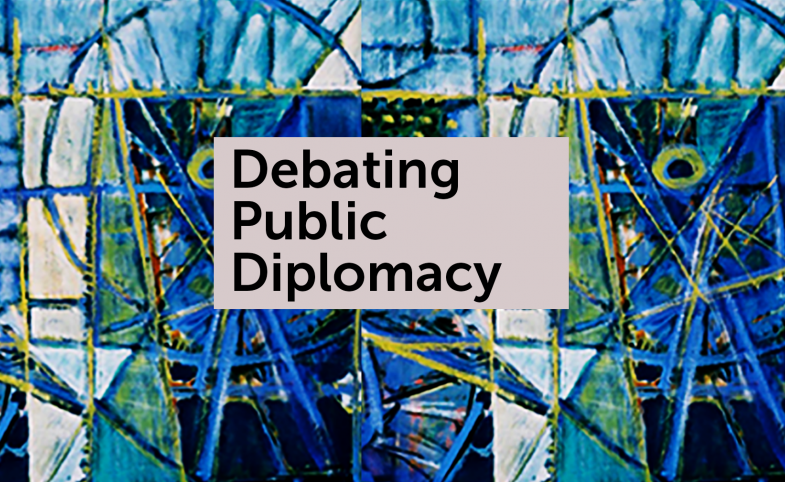Federal aid agency wanted to ‘renegotiate the balance of power between state and society’ in Havana
By Amar Toor on Email @amartoo 105Comments

The US government covertly created a Twitter-like text messaging service aimed at fueling political unrest in Cuba and evading the communist nation’s strict internet filters, according to an investigative report published today by the Associated Press. The ZunZuneo program — named after the slang term for the song of a Cuban hummingbird — was financed and operated by the US Agency for International Development (USAID), which is charged with delivering humanitarian aid money to poor nations.
The idea was to build up a large social network through targeted text message blasts, allowing Cubans to communicate with one another free of charge and beyond the reach of the country’s tightly regulated internet, while enabling US officials to feed them information from the outside world. Using a list of phone numbers obtained from a worker at Cubacel, Cuba’s state-owned telecommunications company, USAID and its team of contractors began by blasting out texts about “non-controversial content” like soccer and music. Once ZunZuneo’s network reached a critical mass, they would begin sending out more politically charged texts, in the hopes that they would spark demonstrations against the regime of Raúl Castro and “renegotiate the balance of power between state and society,” as one USAID document reads.
“There will be absolutely no mention of United States government involvement.”
ZunZuneo abruptly disappeared in mid-2012, when USAID says the project ran out of funding, but at its peak it had more than 40,000 subscribers — mostly young Cubans whom officials considered the most likely to pursue political change. The agency used a network of shell companies under a Cayman Islands bank account to cover its tracks and evade Cuban intelligence, and used fake banner ads to make it seem like a legitimate business. USAID also used targeted text message polls to gather intelligence on ZunZuneo users.
“There will be absolutely no mention of United States government involvement,” reads a 2010 memo from Mobile Accord, one of ZunZuneo’s contractors, which was obtained by the AP. “This is absolutely crucial for the long-term success of the service and to ensure the success of the mission.”
US law requires presidential authorization for any covert federal operation, though USAID declined to say whether the Obama administration was aware of ZunZuneo. US-Cuba relations have improved since Raúl Castro took over for his ailing brother Fidel in 2008. The island nation has implemented market-based reforms in recent years, and the Obama administration lifted some travel bans and spending regulations in 2011. But the longstanding US economic embargo remains very much in place, and Cuba continues to impose some of the world’s strictest regulations on domestic internet use.
 An archived screenshot of the now-defunct ZunZuneo website.
An archived screenshot of the now-defunct ZunZuneo website.
USAID ultimately sought to distance itself from the project, fearing that it would be exposed as a government initiative, and reportedly asked Twitter co-founder Jack Dorsey for funding. Dorsey met with a State Department official, records show, though he declined to comment to the AP.
US reportedly tapped Jack Dorsey for funding
Eventually, the program proved unsustainable, as USAID and its contractors continued to pay steep texting fees while running the risk of being exposed. And despite the operation’s questionable legality, USAID says its Cuba programs are within both the law and its humanitarian mission.
“USAID is a development agency, not an intelligence agency, and we work all over the world to help people exercise their fundamental rights and freedoms, and give them access to tools to improve their lives and connect with the outside world,” USAID spokesman Matt Herrick told the AP. “In the implementation, has the government taken steps to be discreet in non-permissive environments? Of course. That’s how you protect the practitioners and the public. In hostile environments, we often take steps to protect the partners we’re working with on the ground. This is not unique to Cuba.”
Aaron Souppouris contributed to this report.
http://www.theverge.com/2014/4/3/5577254/us-created-cuban-twitter-to-fuel-anti-castro-dissidence-ap








